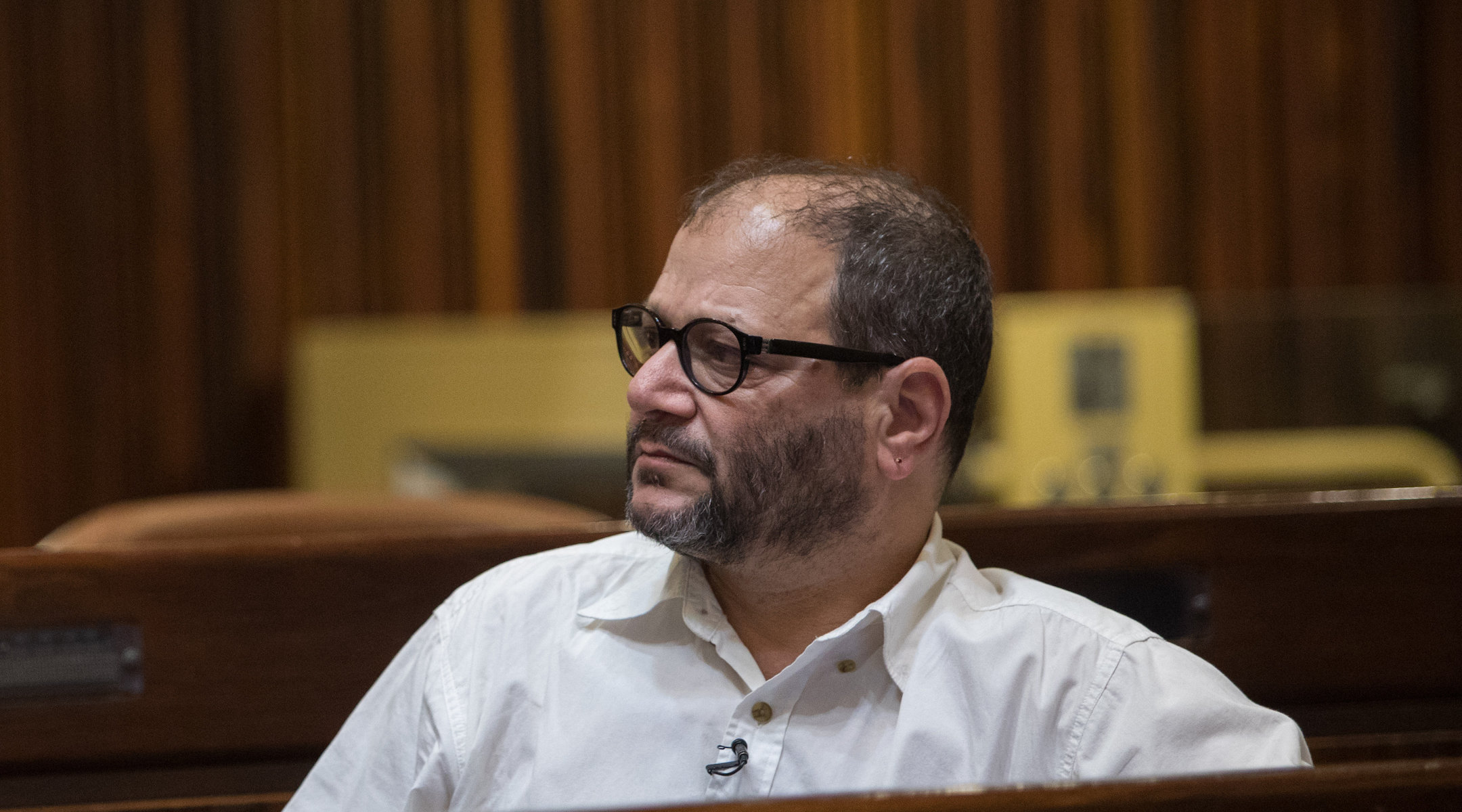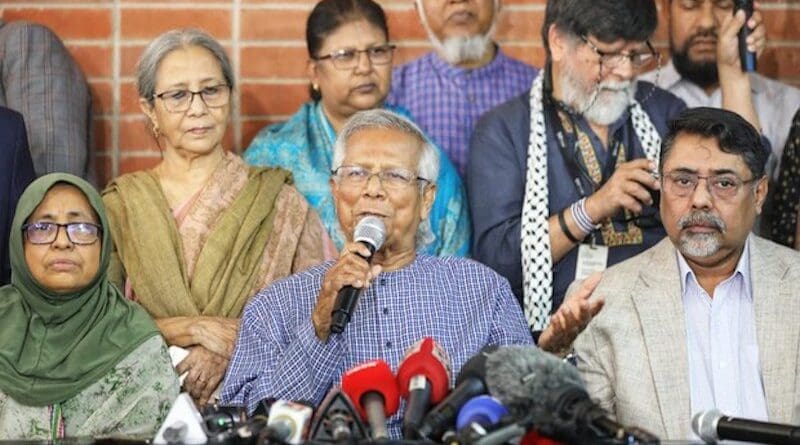Italy moving towards taking over troubled steel mill
Following months of unsuccessful talks, the Italian government was set Monday to launch a temporary state takeover of a troubled steel mill that that is majority-owned by steel giant ArcelorMittal.
The former Ilva steel plant in the southern city of Taranto, in which the state has a minority stake, is on the edge of bankruptcy, with over three billion euros ($3.2 billion) in debt and unable to pay most of its suppliers, nor settle its gas and electricity bills.
The state investment agency Invitalia on Sunday called upon the government to begin takeover procedures after ArcelorMittal refused to inject fresh funds.
ArcelorMittal responded that it was “surprised and disappointed” to learn from Italian media that Invitalia had called for the state to put the Taranto mill into extraordinary administration, as it had not mentioned doing so during an emergency board meeting Sunday.
“This is an egregious breach of the Investment Agreement” it said in a mail to Invitalia, a copy of which was seen by AFP.
ArcelorMittal said it had participated in good faith discussions to support the mill or to arrange for its orderly exit from ownership, and “we reject your attempt to blame us for their unsatisfactory outcome and to absolve yourselves and the Italian government for the failure of our public-private partnership.”
ArcelorMittal owns a 62 percent stake in the Taranto steel mill and the Italian state the remaining 38 percent.
The government of Prime Minister Giorgia Meloni and ArcelorMittal have been trading accusations for weeks over not honouring their obligations and being responsible for a breakdown in talks.
Economic Development Minister Adolfo Urso apparently favours taking control of the Taranto mill.
From the moment that ArcelorMittal “doesn’t have the intention to invest in the company, I believe that the country is justified in reappropriating the fruit of its labour and the sacrifices of entire generations”, he said Sunday.
Industry trade unions have been invited to a Monday evening meeting during which the government was expected to announce its decision about the mill’s fate.
The government wants to ensure the mill, which it considers to be strategic for the country, continues to operate and safeguard the mill’s 10,700 employees.
Under the terms of “extraordinary administration”, the government can appoint administrators to operate and prepare restructuring plans while a new investor is sought.
Among the potential investors cited in Italian media is Ukraine’s Metinvest, which has been hunting for new production facilities since Russian forces seized the Azovstal mill in Mariupol in May 2022.
Also reportedly interested are Italian steel firm Arvedi and Vulcan Green Steel, a subsidiary of Jindal Steel and Power, which bid unsuccessfully for the Taranto mill in 2017.
ArcelorMittal acquired the Taranto mill in 2018 after the Italian government put it under extraordinary administration in 2015 following financial and legal problems.
Creditors, also invited to Monday’s meeting, have bad memories of the mill’s previous spell in administration, with over 150 million euros in debts left unpaid according to their estimates.








